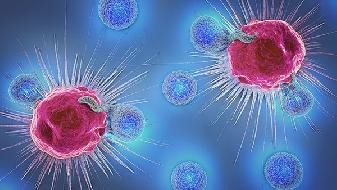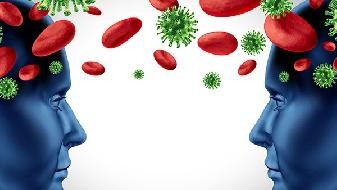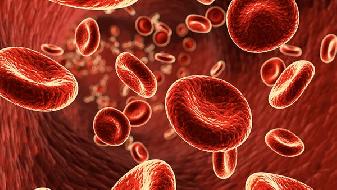Coronavirus is a type of virus known to cause diseases, named after its morphology resembling a crown when observed under an electron microscope. So far, it has been found that coronaviruses only infect vertebrates and can cause respiratory, digestive, and neurological diseases in humans and animals. COVID-19 (nCoV) is a novel coronavirus that has not been found in humans before. This is the novel coronavirus 2019 nCov in Wuhan, China. So, what are the symptoms of getting COVID-19? Below is a detailed explanation for everyone.

What are the symptoms of getting COVID-19
1. Fatigue, fatigue, muscle soreness

The early symptoms of human body after novel coronavirus infection are similar to the cold symptoms caused by common virus infection, mainly manifested as fatigue, fatigue, muscle soreness, and a few patients will also show gastrointestinal reactions, such as abdominal pain and diarrhea.
2. Fever
As the condition progresses, patients may experience symptoms of fever, with a fever degree of 37.3 degrees or above. In addition, respiratory related symptoms may also occur, including coughing, sore throat, etc.
3. Dyspnea
As symptoms worsen, patients may experience breathing difficulties, chest tightness, shortness of breath, and even severe symptoms such as respiratory distress. Performing imaging examinations will reveal ground glass like interstitial changes in the lungs. Severe manifestations may also lead to sepsis, septic shock, coagulation dysfunction, and renal failure.

Knowledge expansion: COVID-19 prevention
1. Maintain basic hand and respiratory hygiene, and adhere to safe eating habits.
2. Try to avoid close contact with anyone who exhibits respiratory symptoms such as coughing and sneezing as much as possible.
3. Drink plenty of water, pay attention to rest, and enhance immunity.
4. Keep the living and working environment ventilated
The above is about the introduction of the symptoms of getting COVID-19. The epidemic is not a personal matter. Everyone should actively cooperate with the relevant departments to vaccinate. I hope the above sharing will help everyone.






Comments (0)
Leave a Comment
No comments yet
Be the first to share your thoughts!